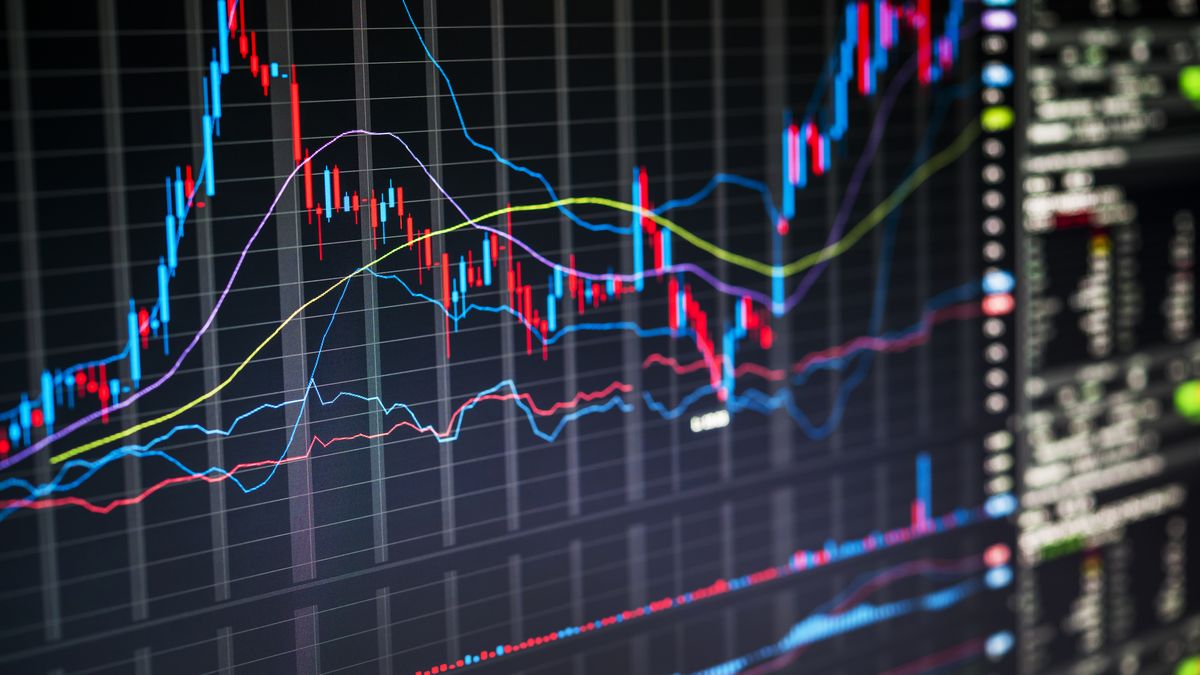In the short term, Castro stressed, the situation will translate into a global recession “in the second half of this year and the beginning of next,” due to the combination of a “perfect storm” including “high inflation with high interest rates that are setting all the central banks of the world system”, as well as the existence of “record energy prices in the world”.
“The price of Russian gas in Europe has increased more than 700% in the last year. The continent’s two main manufacturing countries, Germany and Italy, will surely plunge into a deep recession in the second half of 2022, according to Deutsche Bank estimates, or at the latest in the first three months of 2023 according to Credit Suisse. as an example.
In the same way, he pointed out that the United States is already in a recessive situation “in the first six months of this year”, as its product fell for two consecutive quarters.
Along the same lines, Miguel Kiguel, economist and executive director of the consultancy firm EconViews, pointed out that “the world is entering lower growth” with “trends towards recession according to purchasing managers’ indices in Europe and the United States,” and that these, contrary to 2008, do not respond to a “financial crisis”.
“The liquidity (of the central banks) was not to give money to the banks but to many people and, then, what people do is spend it and when that happens there is inflation,” he explained.
However, Latin America faces this scenario from another position and with future opportunities.
“The region is growing more than originally expected this year, unlike the United States and China,” recalled Kiguel, who stressed that it has “reacted earlier” to the rise in inflation, unlike the central banks of Europe and the United States. States that considered that “they run from behind”
He estimated that, if they achieve success in their measures, the main central banks “probably manage to lower inflation to 4% but it is doubtful that they will reach 2% (previous)”.
For Castro, the situation could give Latin America its “own role in world politics,” with Mercosur already becoming the “world’s main protein production platform in the 21st century.”
“In Argentina, its extraordinary export possibilities of agri-food and natural resources, especially energy and minerals, and among the first Vaca Muerta, must be enhanced,” the analyst evaluated.
Source: Ambito
David William is a talented author who has made a name for himself in the world of writing. He is a professional author who writes on a wide range of topics, from general interest to opinion news. David is currently working as a writer at 24 hours worlds where he brings his unique perspective and in-depth research to his articles, making them both informative and engaging.




